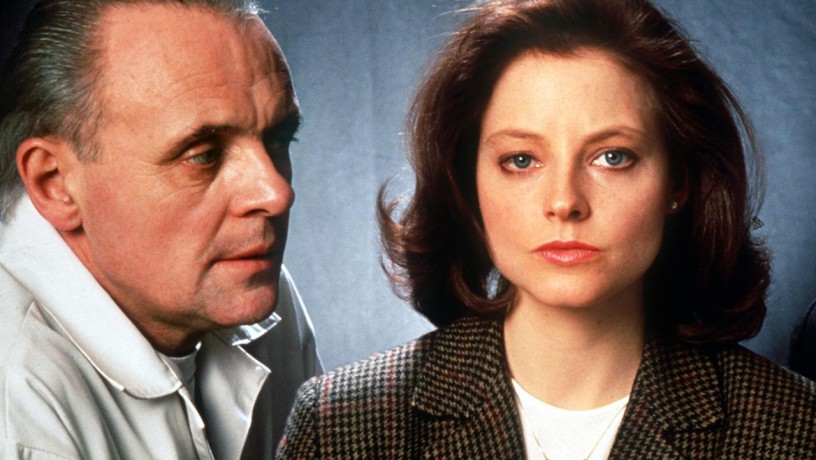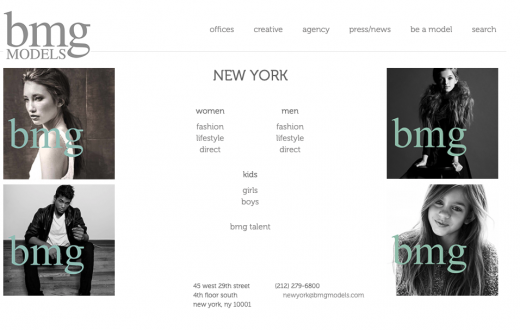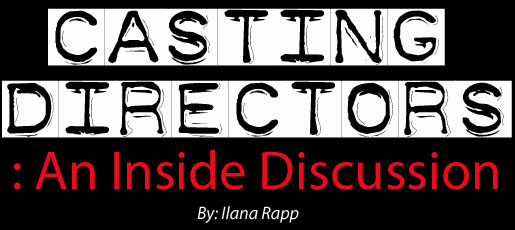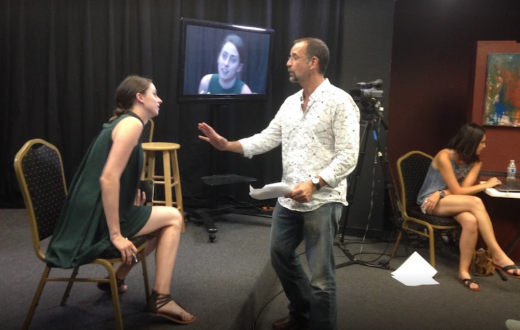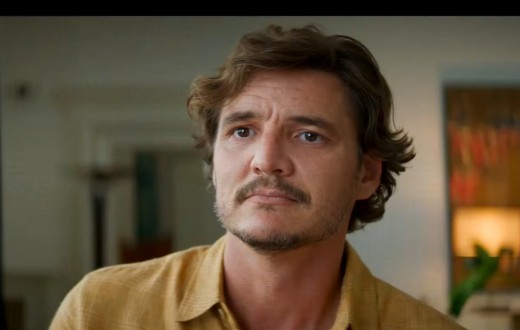Sustainable acting careers. Is there really such a thing? The commonly held perception of an actor’s profession is one of glamour, featuring red carpet events, accolades, and high-profile film debuts. Yet, the reality of forging a prosperous acting career entails confronting myriad challenges, intense competition, and the continuous pursuit of personal and vocational growth. This path extends well beyond superficial allure to encompass determination, persistence, and the capacity to adjust and progress.
The Foundation of Sustainability: Adaptability
Adaptability is the cornerstone of longevity in the acting world. New trends, audience preferences, and storytelling platforms are continually emerging, making it continuously difficult for actors to stay afloat. Seasoned actors stress the significance of being flexible, not only in their portrayal of characters but also in their overall approach to the art of acting.
Meryl Streep, an epitome of adaptability, has seamlessly transitioned between genres, roles, and mediums, attributing her longevity to a willingness to step out of her comfort zone. She advises actors to remain open to change.
Continuous Learning: The Lifelong Journey
Acting is not a static craft; it requires perpetual growth and learning. Ian McKellen, with a career spanning decades in both theater and film, advocates for the relentless pursuit of knowledge. Engaging in workshops, classes, and even different forms of art can enrich an actor’s repertoire and deepen their understanding of human emotion and storytelling.
Sir Ian McKellen explains different ways to learn acting.
Continuous learning also encompasses staying updated with industry trends and technological advancements. With the digital age introducing platforms like streaming services and virtual reality, actors need to be proficient in these new mediums. Learning about motion capture technology, for instance, opened new avenues for Andy Serkis, known for his groundbreaking work in performance capture roles such as Gollum in The Lord of the Rings film trilogy.
Personal Branding: Crafting Your Narrative
Personal branding is about defining and communicating what makes you unique. Hugh Jackman, known for his versatility and charismatic presence, underscores the importance of authenticity in personal branding. When you think of Hugh, you think of the character Wolverine. Hugh branded himself so well, that even brands such as Montblanc have asked him to be their Brand Ambassador.
Actors can leverage social media platforms to exhibit their work, communicate their experiences, and engage with their fans. Nevertheless, it’s important to approach these platforms purposefully, prioritizing substance over volume and ensuring that your online image reflects your professional aspirations and principles.
Mental and Physical Well-being: The Unsung Heroes of Longevity
Developing a lasting career involves prioritizing the upkeep of physical and mental well-being, alongside refining one’s abilities. The challenges of the entertainment field, such as handling rejection and being pigeonholed, can significantly impact an actor’s welfare. Cate Blanchett, known for her exceptional acting prowess and perseverance, emphasizes the significance of taking care of oneself, especially when it comes to stress relief. Incorporating regular physical activity, mindfulness practices, and seeking professional support when needed are strategies for managing the stresses of the profession.
Networking and Community: Strength in Numbers
Establishing a strong professional network in the industry can open up numerous doors and provide valuable assistance. Networking goes beyond just finding the next job; it’s about forming a circle of colleagues, mentors, and partners who can give guidance, exchange insights, and offer emotional backing. Participating in industry functions, training sessions, and casual meetups can help cultivate these important relationships. Jodie Foster’s transition from child star to acclaimed director and producer exemplifies the benefits of diversification.
Embracing Rejection: The Path to Resilience
Rejection is an inevitable part of the acting profession. How one responds to it can make or break a career. Sir Anthony Hopkins advises actors to view rejection not as a personal failure but as a step towards the right opportunity. Rejection, however, can go both ways in this business. Read about how Hopkins rejected two Batman roles!
A sustainable acting career is a mosaic of adaptability, continuous learning, personal branding, well-being, networking, diversification, and resilience. It’s about embracing the journey, with its highs and lows, and persisting with passion, dedication, and a willingness to evolve. By adopting these strategies and heeding the advice of those who have paved the way, actors can aspire not only to longevity in the industry but to a fulfilling, dynamic career that leaves a lasting impact.

